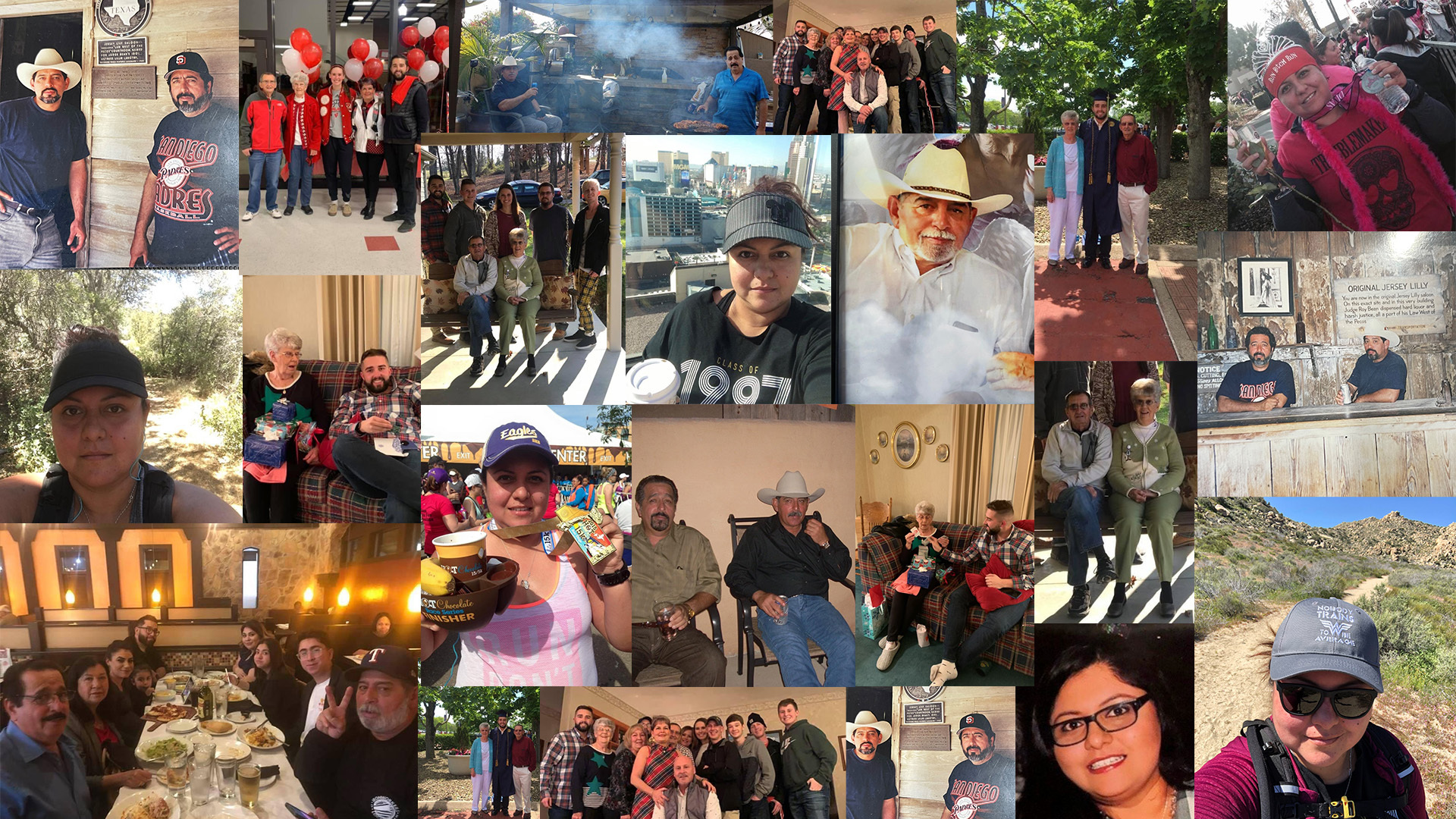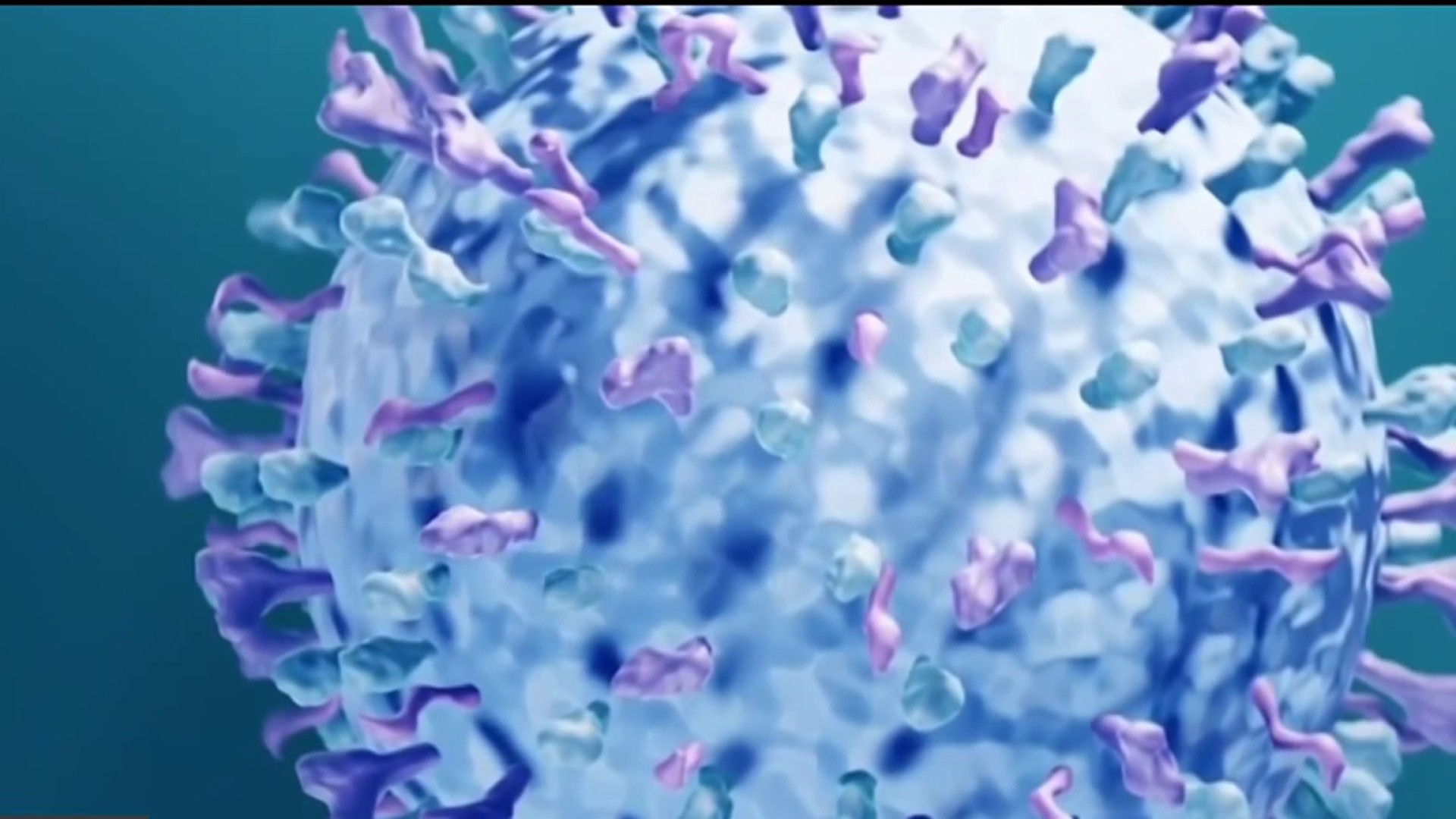Three years after the World Health Organization declared a pathogen dubbed coronavirus a pandemic and sent people around the globe into lockdown, an end to the global health emergency is in sight.
Both California and San Diego County officials have declared an end to their COVID-19 health emergencies and the WHO says they're hopeful the world will transition out of the emergency phase of the pandemic this year.
But during those three years, San Diegans have had to change the way they live; their children had to adapt their learning; workplaces had to adjust the way they do business; and people had to address changes with their mental health.
Looking Back
There have been nearly 100,000 reported cases of coronavirus since the start of the pandemic on March 11, 2020 — likely far more unreported cases — and more than 5,785 deaths linked to the disease.
And, while the world tries to return to life as it was before March 11, 2020, there are some things that won't ever return to what we thought was "normal."
On the three-year anniversary of the start of the coronavirus pandemic, NBC 7 takes a look at what has changed since the deadly virus began spreading across the world.
Politics
It's been three years since Governor Newsom announced a stay-at-home order to try to "stop the spread” of COVID, today we know the few weeks we thought it would take to slow the virus, turned into a years-long global pandemic.
A debate was sparked across the country pitting liberal states like California where Governor Newsom implemented mask and vaccine mandates, restrictions, and lockdowns against states with conservative leadership like Florida where Governor DeSantis led with a firm anti-mandate approach and issued some of the least restrictive guidelines for businesses.
The result? Protests and division, and that division was evident at the ballot box
In the 2022 Midterm Election Cycle, Republicans held 52% of the governor’s offices across the country, 51% of the House seats and Democrats controlled the Senate with a 51% majority.
Education
The losses incurred during the pandemic were also reflected in nationwide test scores. Last year, the National Assessment of Educational Progress released the first batch of scores since the pandemic, revealing that, across the country, nearly 4 in 10 eighth-graders failed to grasp basic math concepts and reading scores dropped to 1992 levels.
What's Next?
Healthcare Adaptations
Medical professionals shouldered a tremendous burden throughout the COVID-19 pandemic, but forced to pivot, the industry adopted new normals and helped accelerate the implementation of advanced technologies. One San Diego doctor says the pandemic sped up telemedicine implementation by a decade, and credited the response to COVID for advances in mental health care and at-disease testing. On the other hand, according to the doctor, the pandemic sped up healthcare worker burnout and it could take decades for the industry to recover. Get the full story here or below.
The Future of COVID
The Most Affected Communities
Early on in the pandemic, we saw COVID-19 impacting certain communities in San Diego County harder than others. One stood out in particular: the South Bay.
A team of graduate students and faculty with the Human Dynamics Research Center at San Diego State University spent a year studying real-time data from the county and developed maps that painted a revealing picture of the interconnectivity between health indexes and attitudes toward vaccinations, masking and other safety precautions.
The Workplace
It’s been nearly three years since the World Health Organization declared a national pandemic. It had an impact on nearly every aspect of our lives.
NBC 7’s Dana Williams spoke with people at one San Diego company about one of the big impacts: The way we work.
Mental Health
It seems like everything has been affected since the pandemic, reports NBC 7's Kelvin Henry, and in ways nobody may have anticipated.
Many people discussed the impact of COVID in the early days of the pandemic, many worrying about the respiratory effects in the early days, but now, two local psychologists say it has impacted our mental health as much as our physical health.





